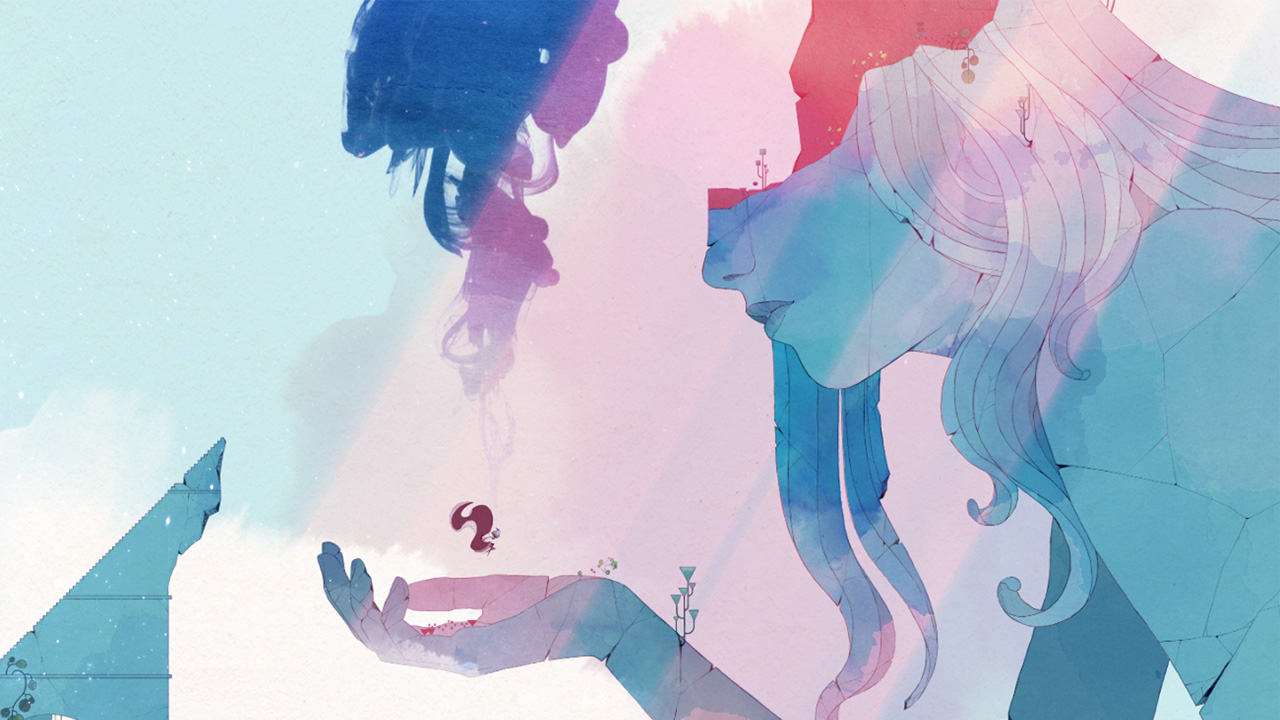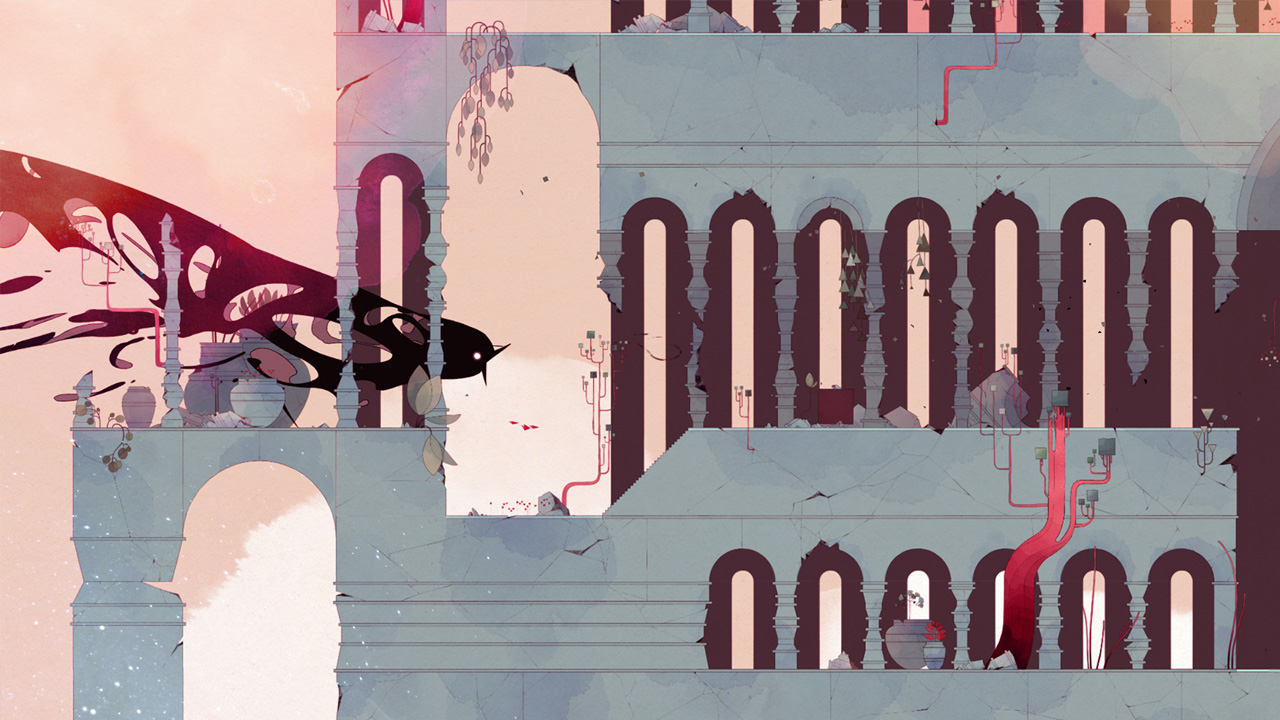No death, no stress: the indie game Gris is taking an almost impossible approach to boss fights
Puzzle platformer Gris is setting a bold new precedent for creating boss battles that don’t make you feel like a failure
Never have I ever encountered a boss for the first time in a game and not immediately felt intensely stressed. Knowing that there’s a challenging fight coming where all my skills will be put to the test and I very well might die in the attempt is enough to make me thoroughly procrastinate if I know a boss encounter is on the horizon (just being honest with you). Like many other games, Gris - the puzzle platformer from Nomada Studio - has bosses. But somehow the team have found way to make encountering those hostile entities… calm. It’s all part of their no-death, no-stress ethos. And it works.
Centred on a single girl called Gris who finds herself lost in her own world after a traumatic experience, the game is all about simplicity. Her dress imbues Gris with special abilities, whether that’s taking on the form of wings as she glides through the air, or transforming abruptly into a heavy square to weigh her down. To find out more about her, I spoke to Adrian Cuevas, the Technical Director at Nomada Studios, who cited Journey and Ori and the Blind Forest as inspirations for Gris’ serene tone. But Cuevas didn’t want to make “just another platformer”, and after working on Far Cry 3 and Rainbow Six Siege he needed a change of pace. Something with little to no frustration, optional skill-based challenges, and a game that’s perfect for everyone and anyone, no matter whether you own a catalogue of games or haven’t even touched Tetris.
Gris is for you, no matter who you are
According to Cuevas “you don’t need special abilities or skills to play this game. We want everybody to play, from kids to young or older people”. With its simple controls and gentle pace, Cuevas goes on to explain how Gris partly is a reaction against the AAA games that assume prior knowledge of video games. ”We think that sometimes games feel like they’re too targeted to some audiences - which is normal because they have a big audience - but sometimes it is forgotten that everybody should play games, everybody should enjoy games”, he tells me.

A big part of gaming is the almost-inevitable boss encounter, but navigating those kinds of battles can be intimidating for someone who doesn’t have the learned knowledge you get from playing tons of games. Gris is doing things differently. So when I’ve finally made my way to the top of a ruined castle, suddenly the red paper darts that have been helping me jump my way up the building amass themselves into a giant, very pissed-off bird. Moving like a velociraptor, it flies beside me as I soar up to the next castle, and I can already feel my heart racing.
Do no harm
Then I remember that the whole point of Gris is that it can’t hurt me. I stop being scared. The bird is still there, and it’s screaming at me with a hoarse shriek, but the windpower from that same yowl helps to catapult myself across large gaps that I’d otherwise scramble to clear. It actually helps me with the difficult parts of each level before soaring off, having clearly decided that I’m not a threat. Although this boss section worked just as Gris promised, with almost a complete absence of frustration, Cuevas tells me that it wasn’t easy to make boss battles stress-free. “Not having the ability to kill the player makes it really hard to feel pressure” during a boss encounter, he explains, but it’s worth it. The message Nomada Studios is trying to send to their players is, in his own words, “don’t feel frustrated, don’t feel like you’re going to fail doing this”.

Taking the time to work out how a boss can be helpful is a lot more than just a game feature. At the heart of Gris is the story of a girl who’s trying to make her way through a painful time, and according to Cuevas the bosses represent inner demons. “When you are dealing with [a difficult time in your life] sometimes you feel better, sometimes you feel bad, sometimes you feel like you’re dragging yourself down”, he tells me. Meeting those powerful enemies and discovering how they can be useful (while still retaining their ominous aura) feels like a way to confront and overcome those internal fears instead of retreating away from them in fear.
Yet, at the end of it all, Cuevas makes it clear that Gris is “a video game, it’s not therapy”. According to him, “what we are talking about here is an experience in life that everyone could suffer and how this girl deals with it”, yet instead of focusing on untangling the story what Nomada Studios would prefer “is that you just put your own story on it”. And when Gris releases on PC and Nintendo Switch in December 2018, that’s exactly what you’ll be able to do.
Weekly digests, tales from the communities you love, and more
While here at GamesRadar, Zoe was a features writer and video presenter for us. She's since flown the coop and gone on to work at Eurogamer where she's a video producer, and also runs her own Twitch and YouTube channels. She specialises in huge open-world games, true crime, and lore deep-dives.



